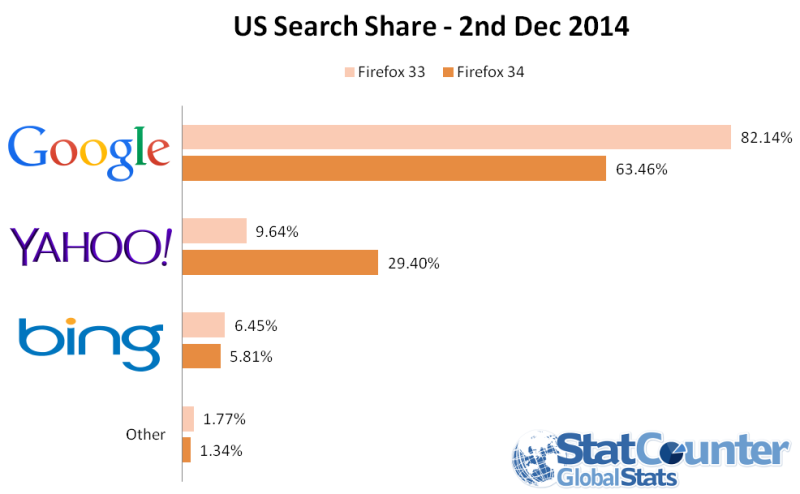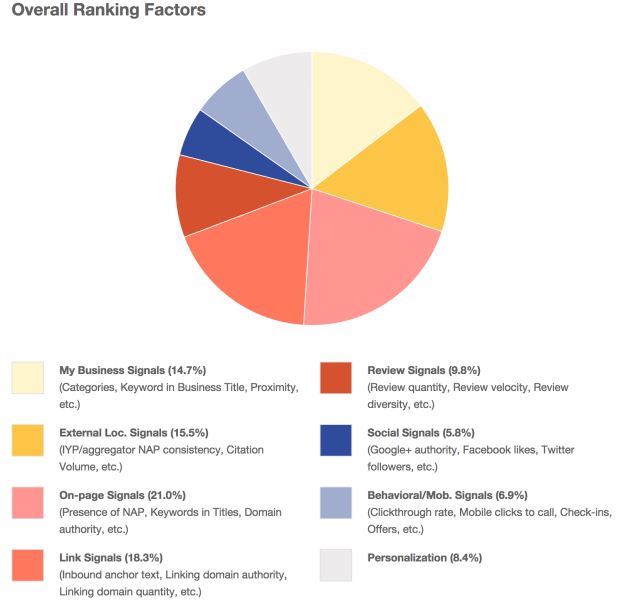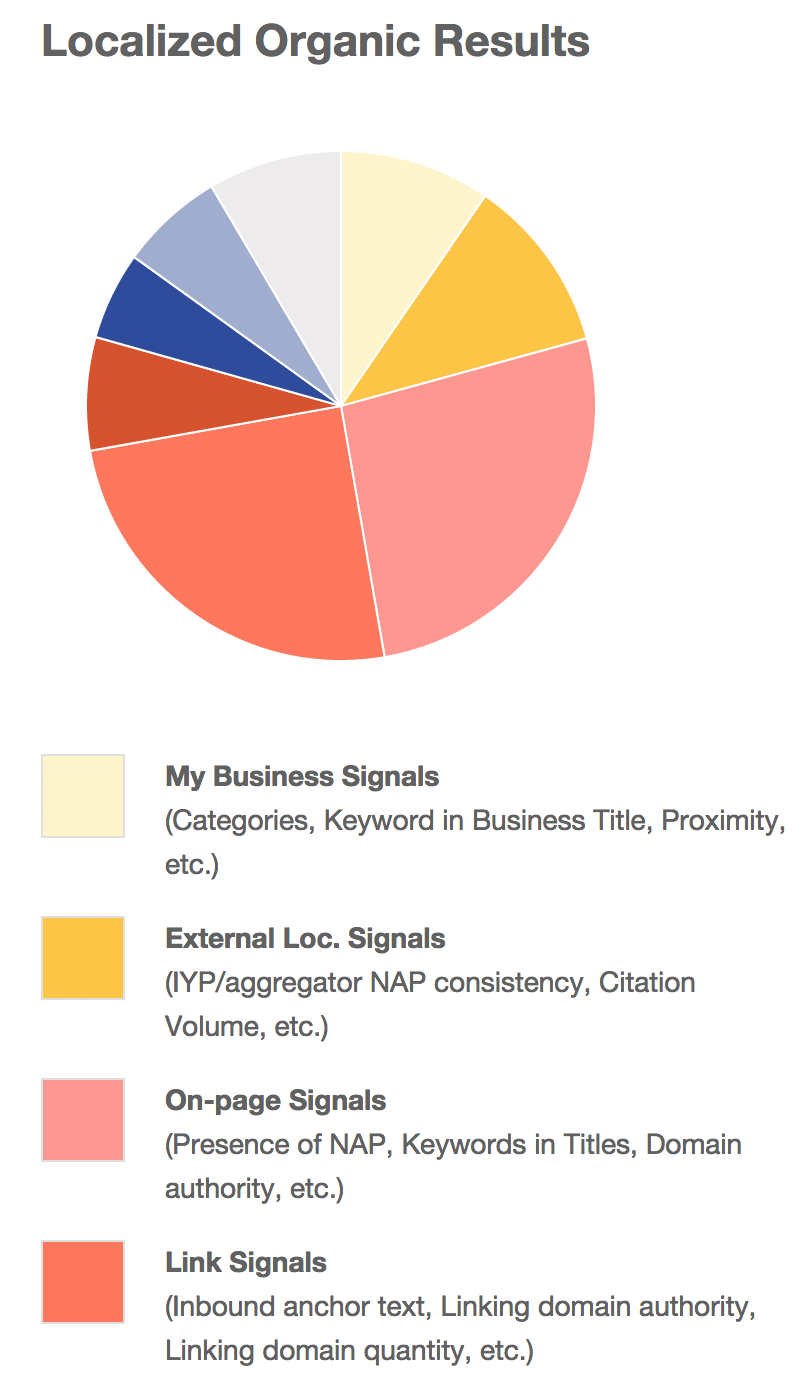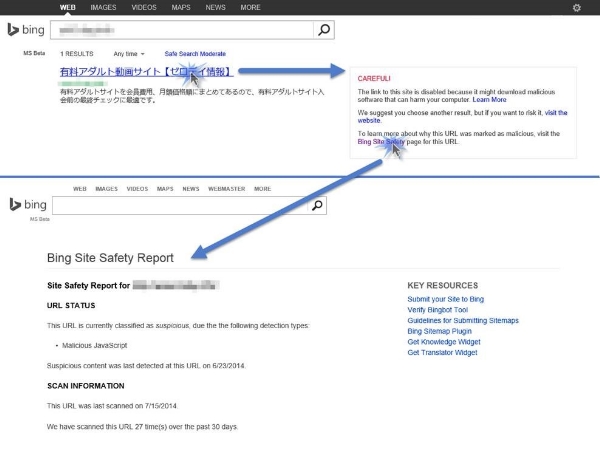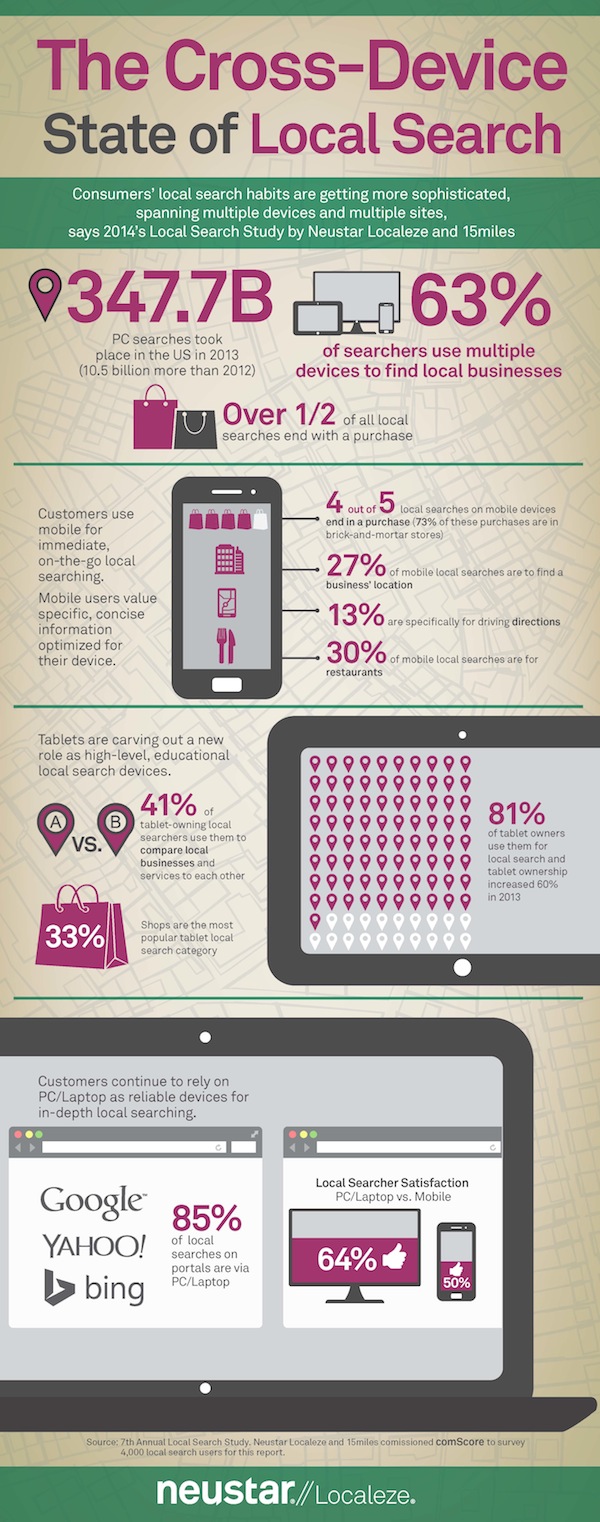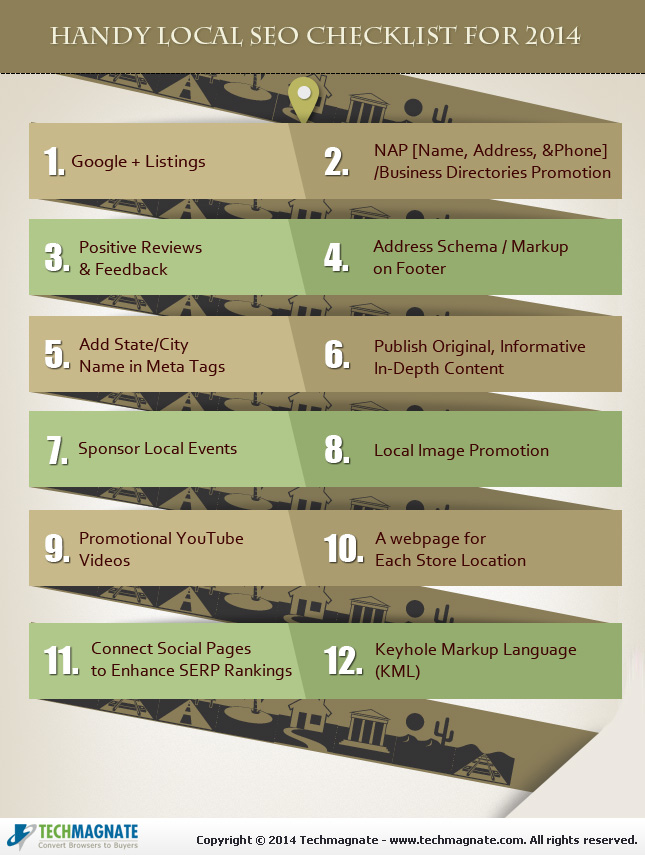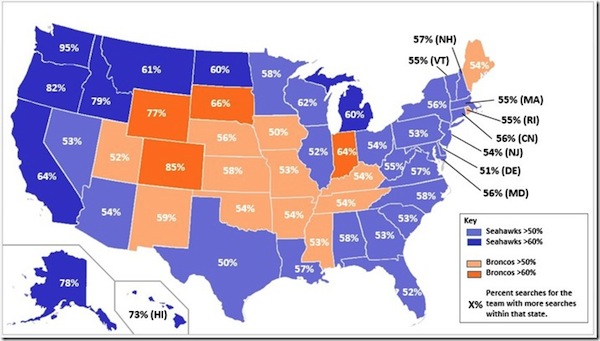 According to new data from web traffic analytics provider StatCounter, Yahoo has reached its highest share of the U.S. search market in more than five years thanks to a recent agreement with Mozilla.
According to new data from web traffic analytics provider StatCounter, Yahoo has reached its highest share of the U.S. search market in more than five years thanks to a recent agreement with Mozilla.
In December, Yahoo’s search share jumped to 10.4 percent, up from 8.6 percent in November. The new share of the search market came at the expense of Google, who was previously the default search engine for Mozilla’s web browser Firefox.
In late November, Mozilla agreed to a five-year partnership with Yahoo, breaking a 10 year partnership with Google. December marked the first full month during which Yahoo was the primary search engine on Firefox.
The drop brought Google to its lowest share ever recorded by the analytics firm, falling from 77.3 percent to 75.2 percent.
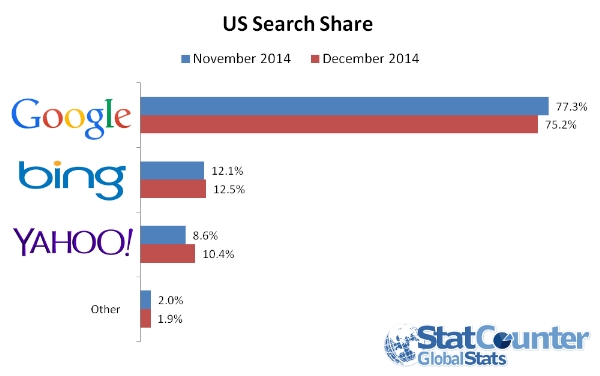
“The move by Mozilla has had a definite impact on U.S. search,” says Aodhan Cullen, chief executive at StatCounter. “The question now is whether Firefox users switch back to Google.”
Bing also saw an increase in their share of the search market last month, though not nearly as significant of an increase as Yahoo. From November to December, Bing’s share rose from 12.1 percent to 12.5 percent. The “other” category stayed practically the same, fluctuating from 2 percent to 1.9 percent.

